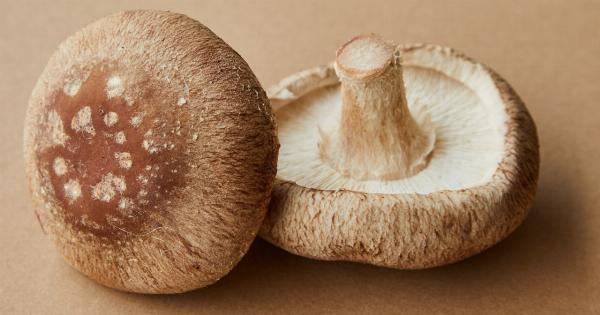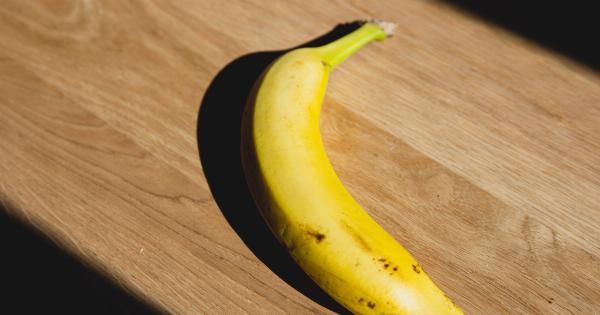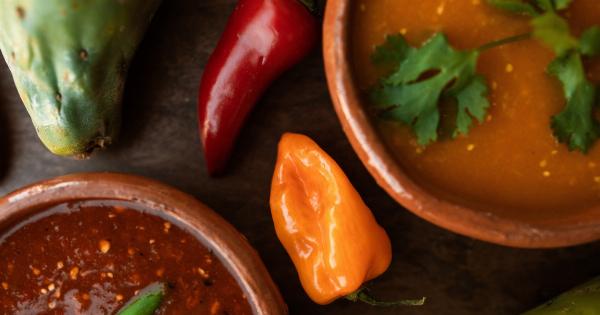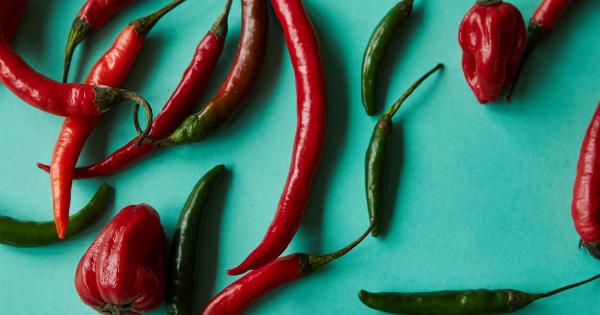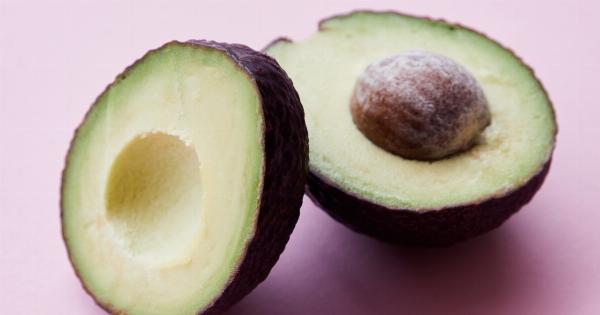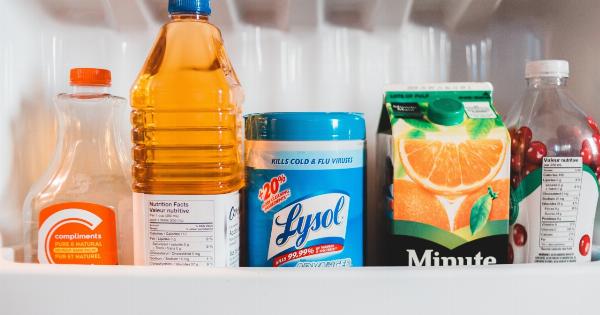Winter legumes are an excellent source of protein, fiber, and other essential nutrients that can help improve your overall health.
Whether you’re looking to lose weight, prevent chronic diseases, or simply boost your energy levels, these legumes can provide you with the perfect solution. Some of the most popular winter legumes include lentils, chickpeas, and black-eyed peas. These legumes are not only delicious but also have several essential health benefits.
In this article, we’ll explore some of the most prominent winter legumes that eliminate pressure, cholesterol, and weakness.
Lentils – A Perfect Winter Legume
Lentils are small, disk-shaped legumes that come in various colors like green, brown, black, and yellow. They are an excellent source of plant-based protein, providing around 18 grams of protein per cup.
Additionally, lentils are rich in fiber, iron, potassium, folate, and other essential nutrients.
The high fiber content in lentils makes it effective in reducing cholesterol levels in the blood. High cholesterol levels can cause heart diseases like stroke and heart attack.
The fiber in lentils helps reduce low-density lipoprotein (LDL), also known as the bad cholesterol, in the blood. Lentils also contain potassium, which helps regulate blood pressure and promotes cardiovascular health.
Lentils are easy to cook and can be added to salads, soups, or stews. They can also be cooked as a side dish.
Chickpeas, the Versatile Winter Legume
Chickpeas, also known as garbanzo beans, are legumes with a nutty flavor and a firm texture. They are a fantastic source of protein, fiber, and other important nutrients like iron, magnesium, and folate.
Chickpeas may help lower bad cholesterol levels, which is a risk factor for heart diseases and stroke.
Chickpeas can be consumed in various ways; they can be roasted, mashed into hummus, or added to salads, soups, or stews. They are also a great alternative to meat-based dishes for vegetarians and vegans.
Black-eyed Peas for Good Health
Black-eyed peas (or cowpeas) are a legume widely enjoyed in the South and are ideal for winter consumption. They are an excellent source of protein, fiber, potassium, magnesium, and folate, which are all essential nutrients for good health.
Black-eyed peas are low in fat and calories, making them an excellent weight-loss-friendly food. Their fiber content helps reduce appetite, making it an excellent addition to your weight loss diet plan.
Black-eyed peas may also help lower high blood pressure, which can lead to heart diseases and stroke. The high fiber content helps flush out excess salt and water from the body, reducing blood pressure and regulating electrolyte balance.
They can be used in stews, soups or salads, or seasoned and eaten as a side dish.
Red Lentil Soup for Cold Winter Nights
Red lentil soup is a delicious and hearty dish perfect for cold winter nights. The red lentils dissolve quickly, making it perfect for soups, stews, or curries.
Red lentils are an excellent source of protein, fiber, vitamins, and minerals like iron and folate. They are low in fat and calories, making them an ideal food for weight loss.
The soup is easy to make and can be flavored to your preference. The high fiber content in red lentils keeps you feeling full longer, reducing your appetite, and aiding weight loss.
Green Peas for a Nutritious Winter Recipe
Green peas are a vibrant and nutritious legume that can be used in salads, stews, and soups. They are rich in fiber, vitamins, and minerals like iron, phosphorus, and magnesium. Green peas are also an excellent source of plant-based protein.
The high fiber content in green peas helps reduce cholesterol levels in the blood, making them ideal for people with heart diseases or stroke. They are also low in calories and fat, making them ideal for weight loss.
Cranberry Beans for Winter Comfort Food
Cranberry beans, also known as borlotti beans, are nutritious and delicious winter legumes. They are an excellent source of protein, fiber, vitamins, and minerals like iron, thiamin, and phosphorus.
The high fiber content in these legumes helps reduce LDL cholesterol levels in the blood, reducing the risk of heart diseases, stroke, and other chronic diseases.
Cranberry beans can be used in stews, soups, or as a side dish. They can also be mashed and used as a dip or spread. They are easy to cook and versatile, making them ideal for winter comfort food.
Split Pea Soup for Winter Wellness
Split pea soup is a classic winter comfort food that is not only delicious but also highly nutritious. Split peas are an excellent source of protein, fiber, vitamins, and minerals like thiamin and iron.
The high fiber content in split peas helps reduce the risk of heart diseases by lowering LDL cholesterol levels in the blood. The soup is perfect for cold winter days as it can be flavored with herbs, potatoes, or carrots for added nutrition.
Final Thoughts
Winter legumes are a valuable addition to your diet. They are rich in protein, fiber, and other essential nutrients that can help reduce the risk of chronic diseases like heart diseases, stroke, and diabetes.
Legumes are also low in fat and calories, making them ideal for weight loss diets. They are versatile and can be used in various dishes, making them a perfect winter comfort food.





